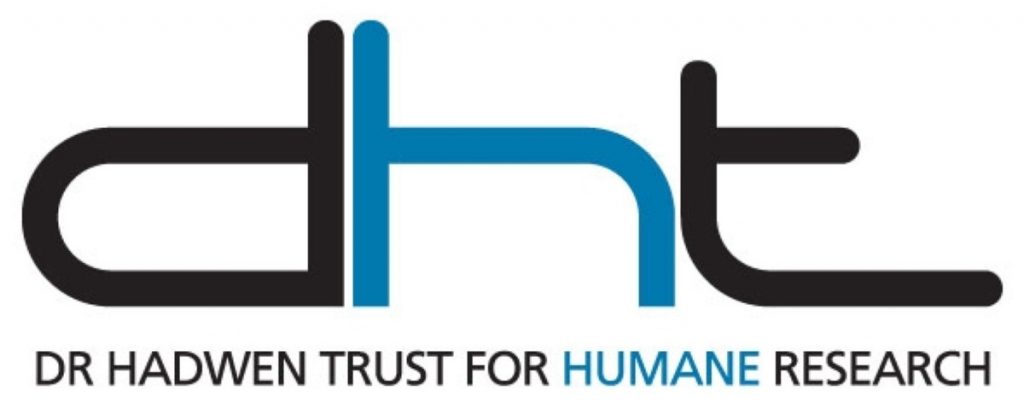Dr Hadwen Trust says animal tests play ‘Russian roulette with patients’ lives’
The European Medicines Agency (EMEA) has published new draft guidelines(1) in the wake of the TGN1412 clinical drug trial disaster, in which six human volunteers suffered life-threatening side effects. The guidelines recognise the serious limitations of using animal models to assess human safety – so it’s time to eliminate animals from drug testing, says leading non-animal medical research charity the Dr Hadwen Trust.
Prior to the clinical trial in March 2006, TGN1412 had been tested on rodents, dogs and monkeys, but the very severe side effects experienced by the volunteers had not been predicted. There were considerable gender and species differences in drug effects even between the two species of monkeys used, making the results impossible to interpret for humans.
The EMEA’s draft guidelines (which now enter consultation until 22 May) explicitly identify the limitations of using animals of other species to predict the effects of new drugs in humans. The guidelines state “Qualitative and quantitative differences may exist in biological responses in animals compared to humans” and suggest that “In practice this means that non-clinical animal studies with highly species-specific medicinal products may: ?not reproduce the intended pharmacological effect in humans; give rise to misinterpretation of pharmacokinetic results; not identify relevant toxic effects.” The guidelines go on to state that controversial animal tests such as repeat dose studies of high-risk medicines “may not predict the effects of such substances in humans.”(2)
The Dr Hadwen Trust, the UK’s leading non-animal medical research charity, welcomes the EMEA’s warning about the weaknesses of animal models and the importance its guidelines place on using test-tube studies using human material (cells, tissues, receptors etc)(3). However the Dr Hadwen Trust warns that the Agency’s continued confidence in using some further animal tests, despite their poor record of reliability and relevance, is unjustified and that the lesson we should learn from TGN1412 is that there is an urgent need to switch to non-animal drug testing.
Says Dr Gill Langley, the Dr Hadwen Trust’s Science Director:
“A fundamental weakness of current drug development is its reliance on animal tests. Serious implications of species differences, possibly including further major disasters like the TGN1412 trials, are almost unavoidable for as long as we persist in depending on animal models, instead of switching our focus to more relevant and reliable non-animal test methods.
System change is needed to modernise drug testing regimes, and the EMEA is right to recognise that animal models are of limited relevance to humans. But these guidelines don’t go far enough to safeguard human health in the future. The lesson we need to learn from TGN1412 is that animal tests are not the answer. Instead, we should swiftly revolutionise drug-testing to take advantage of the scientific, as well as ethical, benefits of a modern non-animal testing approach and stop playing Russian roulette with patients’ lives by continuing to rely on animal tests that don’t reliably predict human safety.”
Notes to Editor:
Draft guideline on requirement for first-in-man clinical trials for potential high-risk medicinal products. 26 March 2007. A PDF can be downloaded here http://www.emea.eu.int/pdfs/human/swp/2836707en.pdf
Paragraph 4.3.3
Paragraph 4.3.4





-01.png)